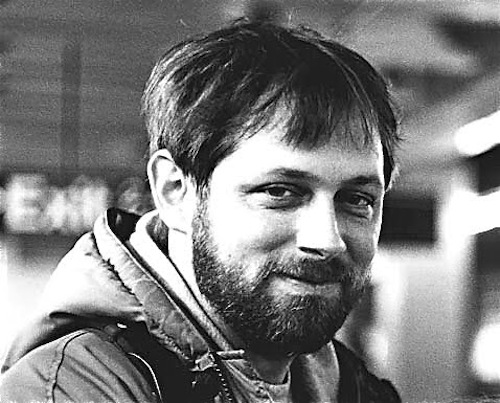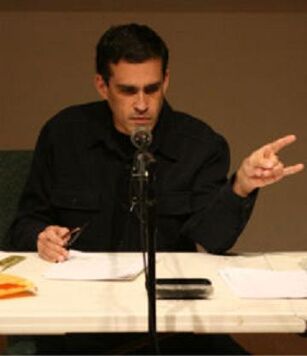
from Word Problems
1. X is a filthy fucking slut. This can be proven by the wear in certain creases on X’s clothes and on X’s knees. X owns you. X is your daddy. X is going to hold you down and fill all your holes up with cum. X is spread out for you and wants you to take it. X is going to slap your face then beat your pussy up.
2. A tree branch, or a broom handle, or a baseball bat is inserted into the anus. X is not afraid. Sitting on the grandmother’s porch, X knows the difference between Kleinian phantasy and daydream. If 72% of the time, this brings X to orgasm (a splitting euphoria in which X’s voice becomes unrecognizable to itself), and 47% of the time this results in a delayed 36 hour period of intense suicidal ideation (down from 68% two years ago and 88% two years before that), when will X be loved?
3. As a child, X favored (in temperament, mannerism, and embodiment) the mother. As an adult, X is the spitting image (a bastardization of the phrase “spit and image”) of the father. If miracle and mirror share the same root, who must X forgive? And who did X kill first?
4. X’s body is covered with 8% psoriasis, 11% tattoos, 23% fat, and 62% hair. If X is a man, how much of his body is livable? If X is a woman, who covered her body with shame?
5. On Monday, X ate a banana with peanut butter for breakfast, a Cliff bar for lunch, and 4 pieces of fudge and 2 Reese’s for dinner. On Tuesday, X hiked 10 miles and ate Greek yogurt with fresh fruit, cashews, an apple, a Cliff bar, and pasta. On Wednesday, X started the day with red velvet cake. If food addiction is twice as likely in women who experienced physical or sexual abuse before 18, is X a woman or a man?













